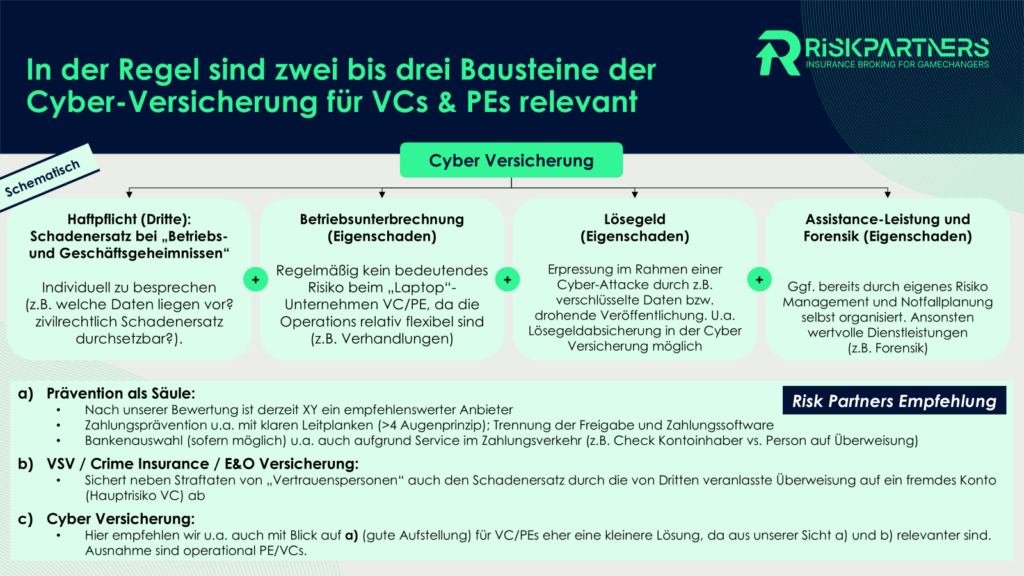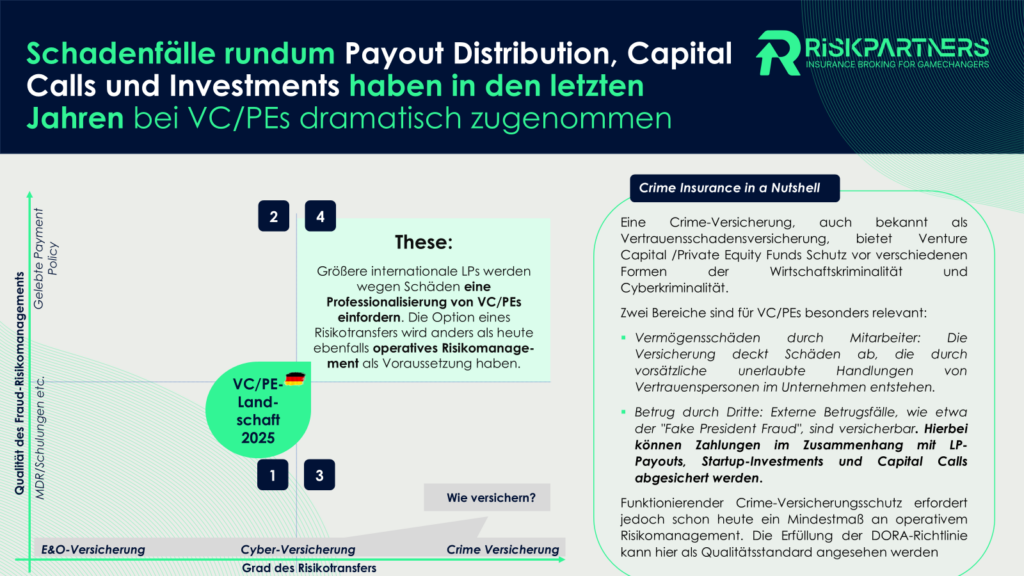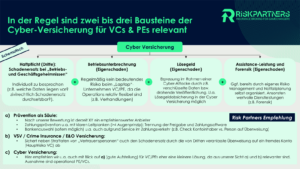
Whistleblower Protection Act
Whistleblower Protection Act ... is now in force. Hey #VCs, do you already have a system in place for safe #whistleblowing? And what about insurance cover in your D&O insurance? One month ago today, the German Whistleblower Protection Act came into force. Since July 2, 2023, not only companies with more than 50 employees, but also fund managers or ManCos (capital management companies pursuant to Section 17 (1) of the German Investment Code) are obliged to set up and operate a whistleblower system, regardless (!) of the number of employees. As of December 2






